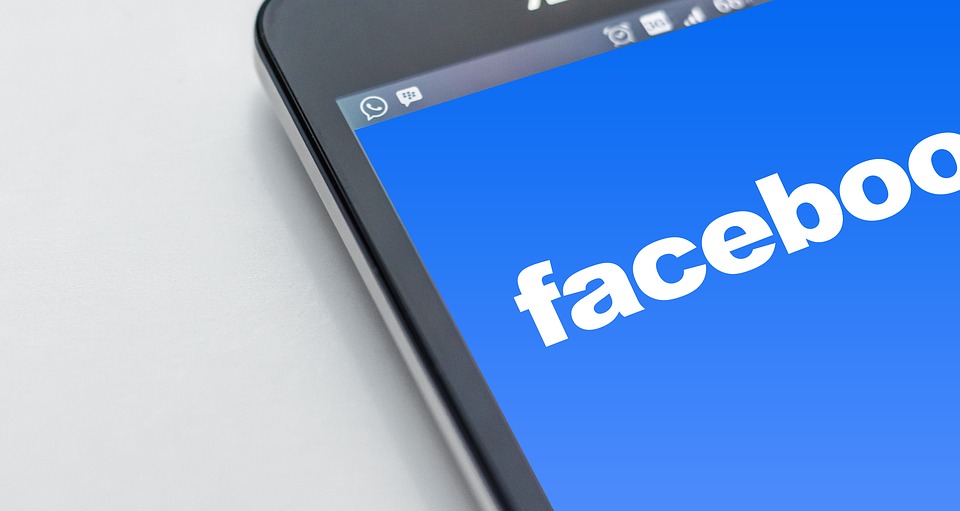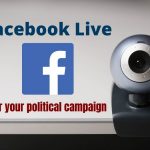A number of clients and outside candidates have reached out to us because they’ve had problems getting authorized to run political ads on Facebook.
If you don’t know already, Facebook requires verification from you or a member of your campaign if you want to run political advertising through the platform. The verification process was put in place to stop the spread of misinformation on the social network. It was also in response to the Cambridge Analytica scandal, where the company harvested the profiles of 50 million Facebook users without their consent to build voter-targeting models.
Facebook is not just a social media platform; it is also an advertising platform. Being authorized means that other people will be able to see your ads and your ad budget for this account.
Even if you are just running a page for your political campaign and do not plan on running any promotions, it’s a good idea to verify yourself and become authorized.

In 2018, Facebook launched an authorization process for political advertisers to run “electoral or issue-based” ads.
What constitutes political advertising on Facebook?
Political advertising includes ads about social issues, elections or politics. Advertising includes targeted image or video ads, Facebook Live event promotions – or even just boosting a post that contains political content.
The criteria for political advertisers include ads that are:
- Made by, on behalf of, or about a candidate for public office, a political figure, a political party or advocates for the outcome of a public election
- About any election, referendum, or ballot initiative. This includes “go out and vote” ads
- About social issues in the location where ad is being placed
- Regulated as political advertising
Social issues is a pretty broad term. Facebook lists the topics that count for advertising purposes. In the United States, they include:
-
civil and social rights
-
crime
-
economy
-
education
-
environmental politics
-
guns
-
health
-
immigration
-
political values and governance
-
security and foreign policy
Facebook verification for political ads begin in May of 2018. It required a label on political advertisements to let users know that an ad contains political content.
If you are going to run an ad on Facebook that focuses on any topics on this list, it must also contain a disclaimer.
All political ad disclaimers must:
- Accurately represent who is responsible for the ad and include accurate, valid information.
- Not include profanity, objectionable language or unrecognizable words or phrases.
- Not include URLS or acronyms, unless URLs or acronyms make up the name of the organization.
- Not imply that your ads are associated with Facebook.
- Not imply that a foreign leader paid for the ad.
- Not include duplicate “Paid for” language that is the same as provided by Facebook.
Facebook must approve your disclosure against their own advertising policies before your ad can run.
If an ad runs without a proper disclaimer, it will be paused, disapproved and added to the Ad Library, until the advertiser completes the authorization process and is approved.
Starting the Facebook ad authorization process
Make sure you have the following information ready before you begin. This will save you a lot of time and frustration as you confirm your identity.
- You must be the Page administrator or advertiser on the Page from which you’re running ads about social issues, elections or politics.
- A US passport, driver’s license or ID card.
- A US-based residential mailing address.
We’ve found this Facebook Help article to be helpful for those who want to start the verification process.

Ads on Facebook, Google and other ad networks today require a ‘paid for’ disclaimer.
The Facebook political ads verification process:
- First, you’ll need to set up two-factor authentication. This is a security feature that helps protect your account from hacks.
- Provide a copy of at least one US-based, government-issued ID. This can be a driver’s license or passport. Make sure the image is clear and readable.
- Provide the last four digits of your SSN.
- Provide your mailing address. This is where Facebook will send the verification code.
- Once you request a verification card, it will take (roughly) a few weeks until receive a card in the mail. This will contain a code for you to enter to confirm your identity.
- Enter the card code provided to confirm your address verification (you can do so by returning to facebook.com/id/us_political_ads_advertiser/
The steps of this process are similar if you want to verify a location for a listing or business page.
- You will need to provide details regarding the funding of the political advertising. You’ll have to disclose whether the funds paying for the ad come from a political party or if they are self-funded.
- Once your identity and information is verified and you have been allowed to run political ads, you will need to link your ad accounts in Business Manager to set up your “paid for by…” disclaimers.
- After submitting your disclaimers and linking that will be allowed to post ads, you will not be able to place new ads from the ad account until your disclaimer has been approved. This process can take a day or so.
- Once approved, you’ll see a new option appear in the ad creation process. If your ads include political content, you’ll need to check the box to add a “paid for” disclaimer.
How long does it take your account verified and approved?
According to Facebook, if you follow these steps properly, you should expect to receive your verification card in 7–10 days. We have had clients that received their cards within that time. Others did not get their cards for a few weeks. And we also heard from several angry candidates that they never received anything at all!
Do NOT try to run political ads before you are authorized
Most ad rejections seem to be automated. If your campaign page has already been determined to be political in nature, any campaign advertisements run through that page will be automatically flagged for review.
If you want to run election ads through Facebook, you need to be authorized and FIRST.
If you repeatedly try to push ads through before you are properly verified, it’s possible you may have your ability to run ads permanently disabled. We don’t know this for a fact, but feedback from some of our clients suggests this might be happening. So, be careful.
Banned election advertising?
Both Facebook and Google instituted issue-advocacy and political ad bans in the weeks leading up to the US 2020 general election. This was done in an effort to curb misinformation on behalf of politicians and special interest groups. While Google soon lifted its ban after the November election, Facebook prohibited political ads on its social network indefinitely.
Facebook eventually lifted its self-imposed prohibition in March, 2021. Could this political advertising ban happen again? It’s certainly possible, and campaigns should prepare for that eventuality.
Unfortunately, we CANNOT help with Facebook ad authorization. We wish we could. As it is, we have no special tricks or connections to help with what can be a very frustrating process…
Good luck!

Related:
- Facebook for Political Campaigns
- Using Facebook Live for Your Political Campaign
- Why Running Your Campaign From Just Your Facebook Page Is A Bad Idea
This post was updated on January, 2022
Raising Seed Money For Your Political Campaign »
Tags: facebook







